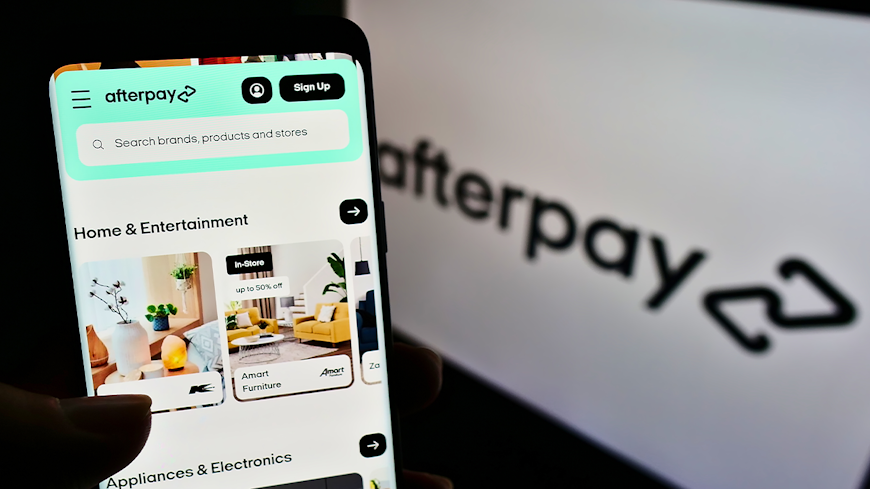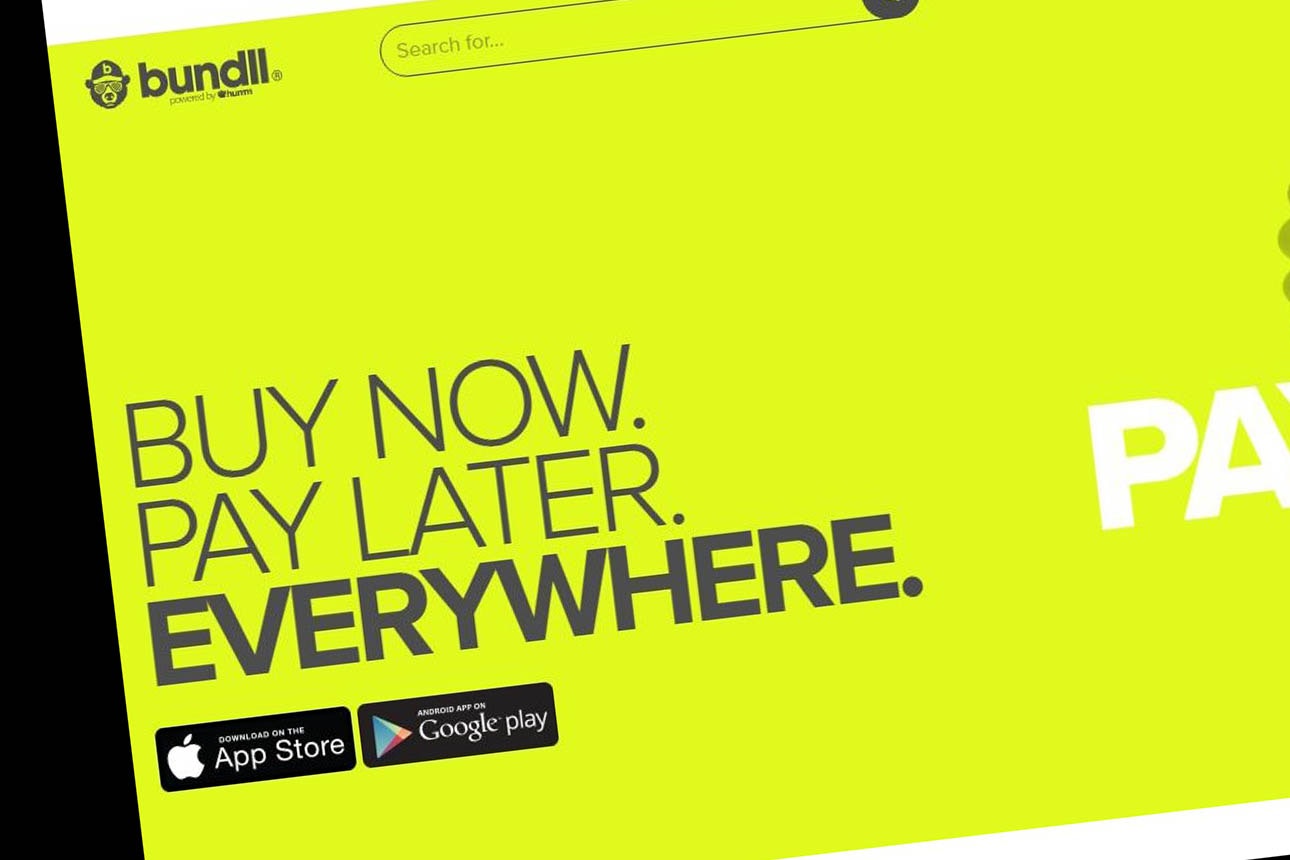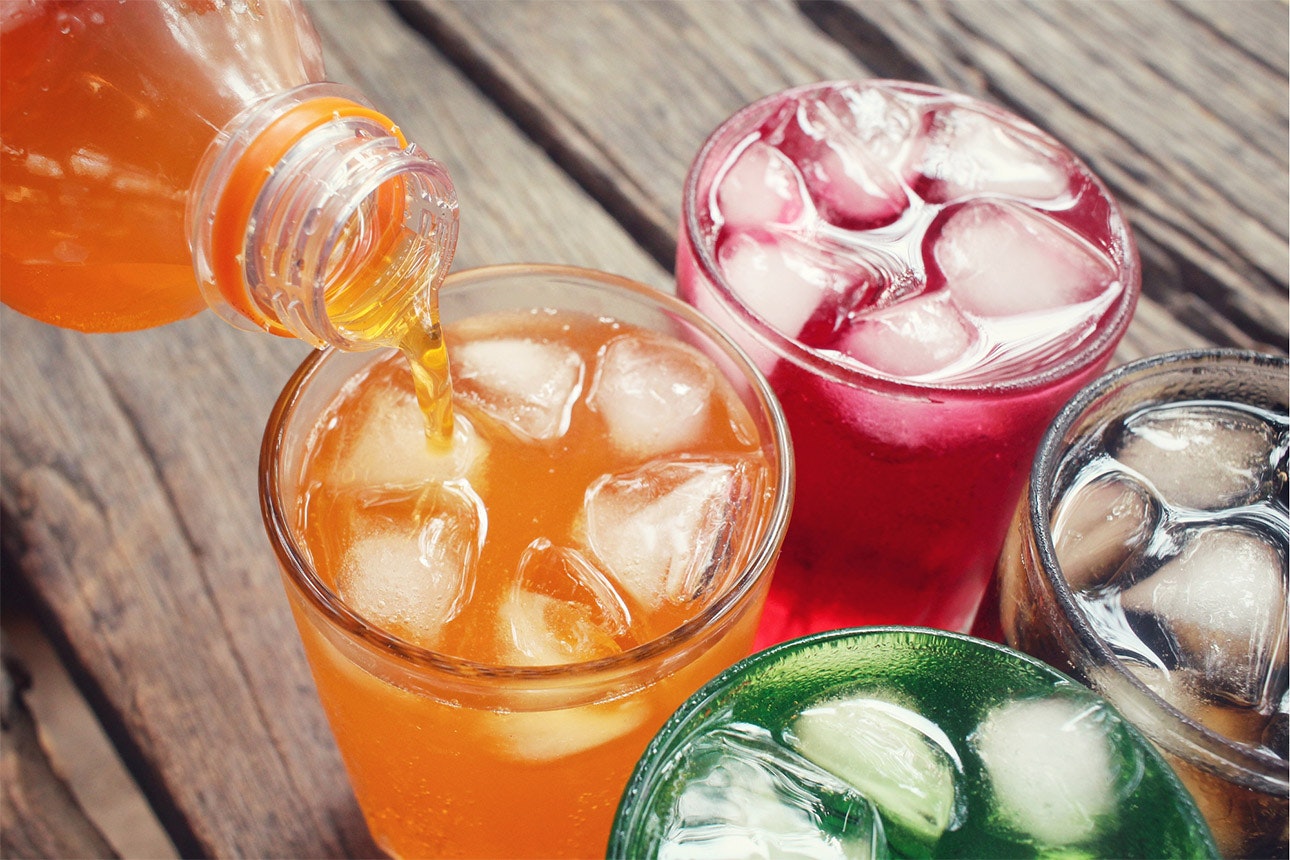
By Ruairi O'Shea
Former Investigative Writer | Kaituhi Mātoro
The buy now pay later (BNPL) industry is split on alcohol sales, with some services voluntarily excluding alcohol retailers while others are actively chasing their business.
Two weeks ago, an announcement went viral on social media: A Bottle-O branch in Panmure, Auckland said that customers could now use Afterpay to purchase alcohol. It generated outrage and shone a spotlight on the use of BNPL for alcohol sales. Despite the fact the issue has only recently come to light, the practice has been going on for some time.
A Consumer NZ investigation has revealed that a Wellington-based brewery Garage Project received correspondence from Afterpay in 2018 that said customers using the service “buy more, more often”, and provided the following benefits:
access to 100,000 new New Zealand customers;
access to 1,500,000 new Australian customers;
500+ new customers every day;
80% repeat purchase, drives customers to shop more frequently;
30% increase in average order value.
When Consumer presented this correspondence to Afterpay this week, a spokesperson said, “We have looked into this correspondence and can confirm that Afterpay did not onboard retailers that sold alcoholic substances in New Zealand in 2018. This correspondence looks to have been sent in error and is not reflective of Afterpay’s internal screening processes at the time.”
This correspondence was sent to Garage Project through the contact page on their website by an Afterpay employee who worked at the organisation from 2016 to 2019.
In a 2021 discussion document, the Ministry for Business, Innovation and Employment (MBIE) outlined a series of benefits for businesses using BNPL services.
MBIE said that BNPL is a less risky alternative to other forms of credit that can be used to pay for goods and services, while providing additional opportunities for data collection. Further, MBIE’s discussion document identifies BNPL’s ability to “generate additional sales from customers who may not be able to afford the full cost of goods and services”, adding that BNPL “may also be something which businesses compete on – not accepting BNPL might mean sales are lost to businesses that accept BNPL”.

The trouble with alcohol
BNPL does have benefits, allowing consumers to spread costs, make more efficient purchases by buying in bulk, and providing people with an opportunity to demonstrate creditworthiness. Access to cheap credit is important in fighting financial exclusion while helping to make people’s lives less precarious.
While BNPL can help consumers with cashflow problems to access essentials such as clothing or furniture, its use to buy addictive and potentially harmful goods and services is problematic. Health agencies try to reduce alcohol consumption and encourage healthier consumption, but BNPL makes alcohol more accessible whether they can afford it or not. And this is not the only problem with BNPL and alcohol sales.
BNPL alcohol sales draw wide scrutiny
The use of BNPL for alcohol sales has been widely condemned.
Maria Meredith, chair of the Local Board for Maungakiekie-Tāmaki, the ward in which the Panmure Bottle-O is situated, considers alcohol to be a serious social issue, and one which could be exacerbated by BNPL services.
“Alcohol is a huge problem in our neighbourhood, it’s got far too many liquor stores. And now you’ve got this invisible thing of having access through buy now pay later. People might choose buying alcohol over putting food on the table. They can get it through buy now pay later, when they really can’t afford it.”
Communities Against Alcohol Harm (CAAH), Alcohol Healthwatch and the NZ Drug Foundation are all calling for the practice to be regulated.
Dr Grant Hewison, secretary of CAAH and a leading campaigner against South Auckland liquor outlets, said “the sale and supply of alcohol is very under-regulated as it is and we do not need a means for greater access to alcohol”.
Sarah Helm, executive director at the NZ Drug Foundation, said BNPL could exacerbate the problems experienced by those addicted to alcohol.
“This kind of loan risks putting those experiencing addiction in an even more vulnerable position by tempting them into debt that they may not be able to service.”
And there are dissenting voices within the alcohol industry itself.
Jos Ruffell, co-founder of Garage Project brewery, has been a vocal critic of the use of BNPL in relation to alcohol sales. Ruffell recognises the benefits of layby arrangements for clothes or other purchases, but views alcohol differently.
“Our products are typically bought and consumed within days of purchase. Offering easy credit without the process that goes into a credit card feels like a recipe for disaster.”

BNPL industry split on alcohol sales
The industry is split on the practice. Consumer reached out to the major players in the BNPL sector for their position on BNPL alcohol sales.
Laybuy and Zip both exclude alcohol retailers, adding the caveat that alcohol may be purchased as part of a hamper or gift basket, while Klarna states that “no alcohol merchants are live with Klarna in New Zealand”.
Of the BNPL companies which do work with alcohol retailers, Humm and Genoapay refused to comment, while a representative for Afterpay said: “Afterpay is designed to help consumers take control of their budgets and manage their spending responsibly and is an inherently safer service when compared to credit cards, which charge interest rates of 20% or more and trap people into a revolving cycle of debt. These products have been used for decades to purchase alcohol.”
Consumer NZ’s previous research into buy now pay later has found that one in five users are paying off their BNPL purchases with a credit card. This could further escalate the debt cycle, running the risk of late fees and additional interest.
Gemma Rasmussen, Consumer’s head of campaigns and communications, said: “Often there is an argument – if you can buy alcohol on a credit card, what’s the problem with buying with BNPL? There are many issues, one being the lack of assessment when taking on buy now pay later debt. No one is assessing to see whether customers can service the debt, so vulnerable consumers who are unable to repay their debt can easily access credit.
“The other issue is the lack of protection if you fall into debt with buy now pay later services. Some have ‘hardship programmes’ but there is less protection than if you incur debt with a bank. This means you could have a situation escalate and a debt collector chasing you very quickly.”
Many BNPL services market themselves as a budgeting tool.
“At Consumer NZ, we recognise they can be a great alternative to credit cards,” Rasmussen said. “But when it comes to using a form of credit to purchase alcohol, you do need to question whether this is appropriate. You can sign up to BNPL in a store within minutes with total ease and no real credit assessment.”
When it comes to alcohol, however, market forces could see businesses competing to offer consumers something that drug and alcohol foundations, community groups and voices within the alcohol industry are deeply concerned with. Rasmussen adds: “It’s unfair to put alcohol retailers in a position where they feel like they’re at a competitive disadvantage if they don’t provide unregulated credit for the purchase of alcohol.”
BNPL removes risk and increases opportunities for businesses, but it’s the individuals and communities – like those of Maria Meredith’s in Panmure – who pay the price.


